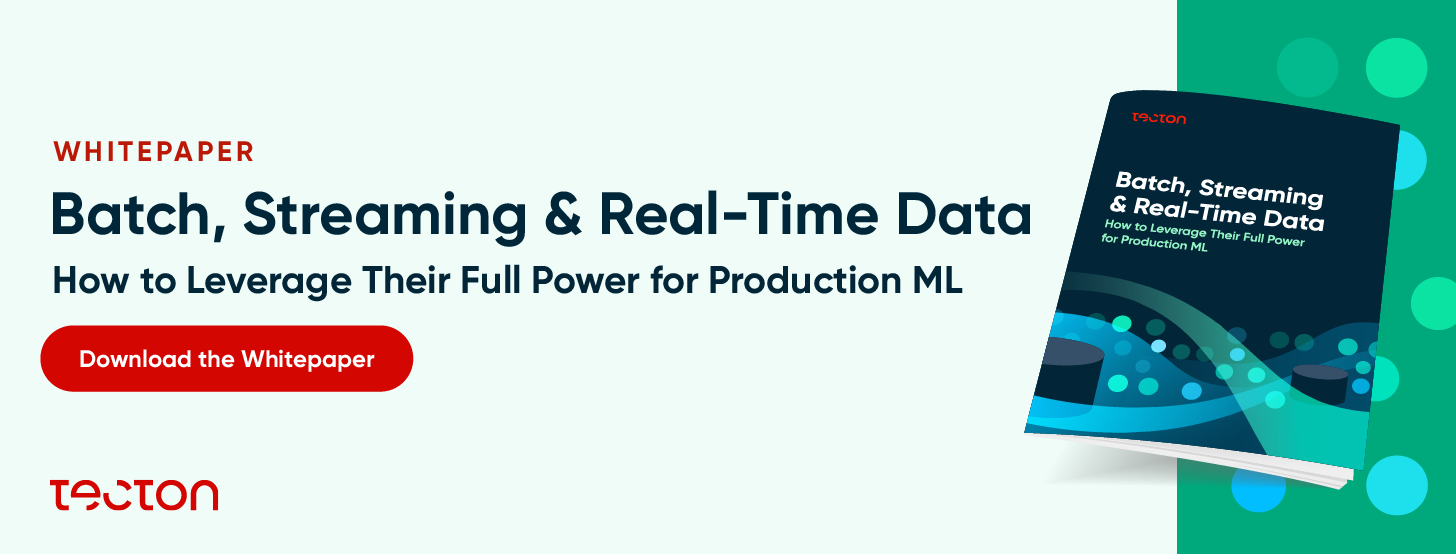An impressive week by Google DeepMind plus a summary of the top research paper, tech releases and news in the AI space.
Next Week in The Sequence:
-
Edge 353: We start a new series about reasoning in LLMs! Review Meta AI’s CICERO paper and the LLM Reasoners library.
-
Edge 354: Super current! We are going to discuss the initial findings about Mistral 8x7b model.
You can subscribe below!
📝 Editorial: Four Releases from Google DeepMind in a Single Week!
Just a few years ago, DeepMind was considered the top AI lab in the world and accounted for the vast majority of AI research talent working in cutting-edge applications. That level of talent concentration partly catalyzed the creation of OpenAI, which has arguably taken a leadership position in the space since then, focusing more on engineering and product shipping than on research. However, there is no doubt about DeepMind’s caliber, which led to the recent merger with Google Research to unify all research efforts under a single umbrella known as Google DeepMind.
The experiment seems to be working, and just last week, Google DeepMind had four major releases in the generative AI space:
-
Gemini Pro: The first version of the highly publicized Gemini model is now available in Google Vertex AI.
-
FunSearch: Arguably a major breakthrough in generative AI, FunSearch is a model capable of discovering new algorithms in mathematics and computer science.
-
Imagen 2: Google’s marquee text-to-image generation model is also available in Vertex AI.
-
MedLM: A series of PALM-based models fine-tuned for healthcare scenarios.
All this happened in a single week! Google DeepMind is not only innovating in established paradigms like transformer architectures but is also applying AI to scientific discoveries in different disciplines such as biology, mathematics, and computer science, as well as delivering AI models for highly specialized scenarios. Unlike the strategies of Microsoft and Amazon, Google has decided to build generative AI in-house, with DeepMind being a key pillar of that strategy. If there was any doubt that Google would be highly competitive in the generative AI race, this week should dispel it.
📄 [Whitepaper] Batch, Streaming & Real-Time Data: How to Leverage Their Full Power for Production ML
How can you leverage batch, streaming, and real-time data to build powerful production ML models? What are the challenges of serving feature data and how can you overcome them? How can you better manage the increasingly complex data flows for ML applications?
This whitepaper covers all that and more. Download now—it’s free!
🔎 ML Research
FunSearch
Google DeepMind published a paper in Nature detailing FunSearch, an LLM-based model that is able to discover new algorithms in math and computer science. FunSearch uses a unique approach that formulates ptential solutions in the form of computer code and iterates through them to discover new knowledge —> Read more.
Phi-2
Microsoft Research published some details behind Phi-2 its small large language model that excels in math and reasoning tasks. The model is the second iteration of the breakthrough paper, Textbooks is All You Need —> Read more.
Chain of Code
Google DeepMind published a paper introducing Chain of Code(CoC), a method that augments LLMs code-driven reasoning. The key principle in CoC is to identify semantic tasks in a sentence and generate the equivalent pseudo-code that can be interpreted by an LLM —> Read more.
Differentially Private Training
Google Research published a paper detailing DP-AdaFEST, a new training algorithm that uses differential privacy in large embedding models. The key idea of the algorith is to find a balance between the noise introduced by DP methods and the sparcity required by large embedding models —> Read more.
Discrimination in LLM Decisions
Anthropic published a paper outlining a method for proactively evaluating potential discrimination in LLMs. The method simply generates differetn protmpt collections that simulate diverse scenarios and evaluates the behavior of LLMs —> Read more.
UniControl
Salesforce Research published a paper detailing UniControl, a diffusion model for granular image control. UniControl uses a mixture of experts adapter architecture that enables different visual control tasks —> Read more.
🤖 Cool AI Tech Releases
Gemini
Google Gemini is now available in Google Cloud —> Read more.
Promptbase
Microsoft open source a series of resources about best practices for prompt engineering using its Medprompt methodology —> Read more.
MedLM
Google unveiled MedLM, a series of LLMs fine-tune in healthcare information —> Read more.
Cohere Connectors
Cohere announced a new framework for adding connectors to its RAG platform —> Read more.
Pearl
Meta AI open sourced Pearl, a reinforcement learning library —> Read more.
Stable Zero123
Stability AI open soruced Stable Zero123, a model that can generate 3D objects from single images —> Read more.
🛠 Real World ML
Building LinkedIn’s Skills Graph
LinkedIn discusses the ML architecture behind its Skills Graph powering many of the jobs search and content recommendations in the platform —> Read more.
📡AI Radar
-
Essential AI, a startup from two of the authors of the famous transformer paper, announced a $56.5 million series A.
-
Intel unveiled Core Ultra, a new family of processors optimized for AI workloads.
-
AI cybersecurity platform Guardz raised $18 million in a new round.
-
Midjourney is starting to enable image generation directly in its website.
-
AI cybersecurity startup Guardz announced an $18 million round coming out of stealth mode.
-
OpenAI announced a partnership with news publisher Axel Springer.
-
Salesforce added vector database capabilities in its Data Cloud platform.
-
OpenAI’s Startup Fund announced Converge 2, the second iteration of its six-week program for startups building on its platform.
-
OpenAI announced a new grant package for researchers working on alignment problems.
-
AI testing platform Distributional announced $11 million in new funding.
-
3Capital, a new AI-focused fund, launched with strong backing from some of the richest families in Hong Kong.

